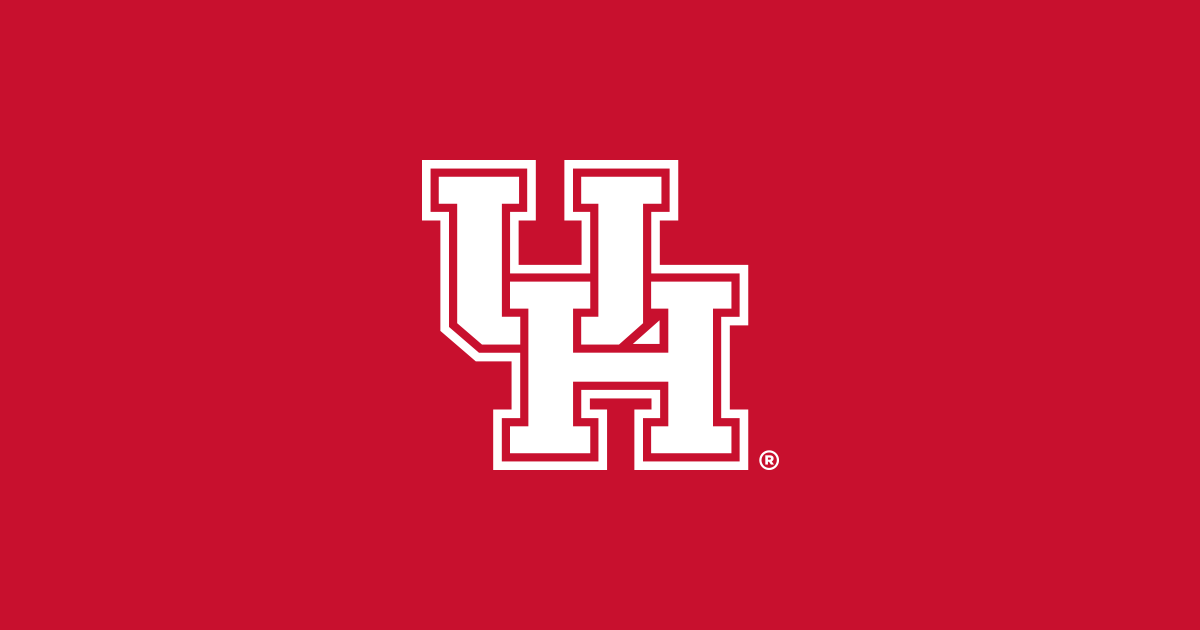- Joined
- Nov 4, 2015
- Messages
- 93
- Reaction score
- 44
Right now I am deciding between UHCOP and UNTHSC. UHCOP has higher NAPLAX first time pass rates and is an older more established school. Their curriculum is more hands on students start learning actual pharmacy work during P1. The down side is that their Cost of attendance is pretty low compared to other pharmacy schools. Financial aid does not cover anything over the COA and it would be pretty much impossible to work during the program.
On the other hand UNTHSC looks as though their COA is more realistic and I wouldn't be worried about covering my expenses. Am I missing something? Is the Houston area that cheap to live?
Any advice would be appreciated.
ETA:
Please do not derail my thread with unwanted comments about job saturation...Thanks!
On the other hand UNTHSC looks as though their COA is more realistic and I wouldn't be worried about covering my expenses. Am I missing something? Is the Houston area that cheap to live?
Any advice would be appreciated.
ETA:
Please do not derail my thread with unwanted comments about job saturation...Thanks!


